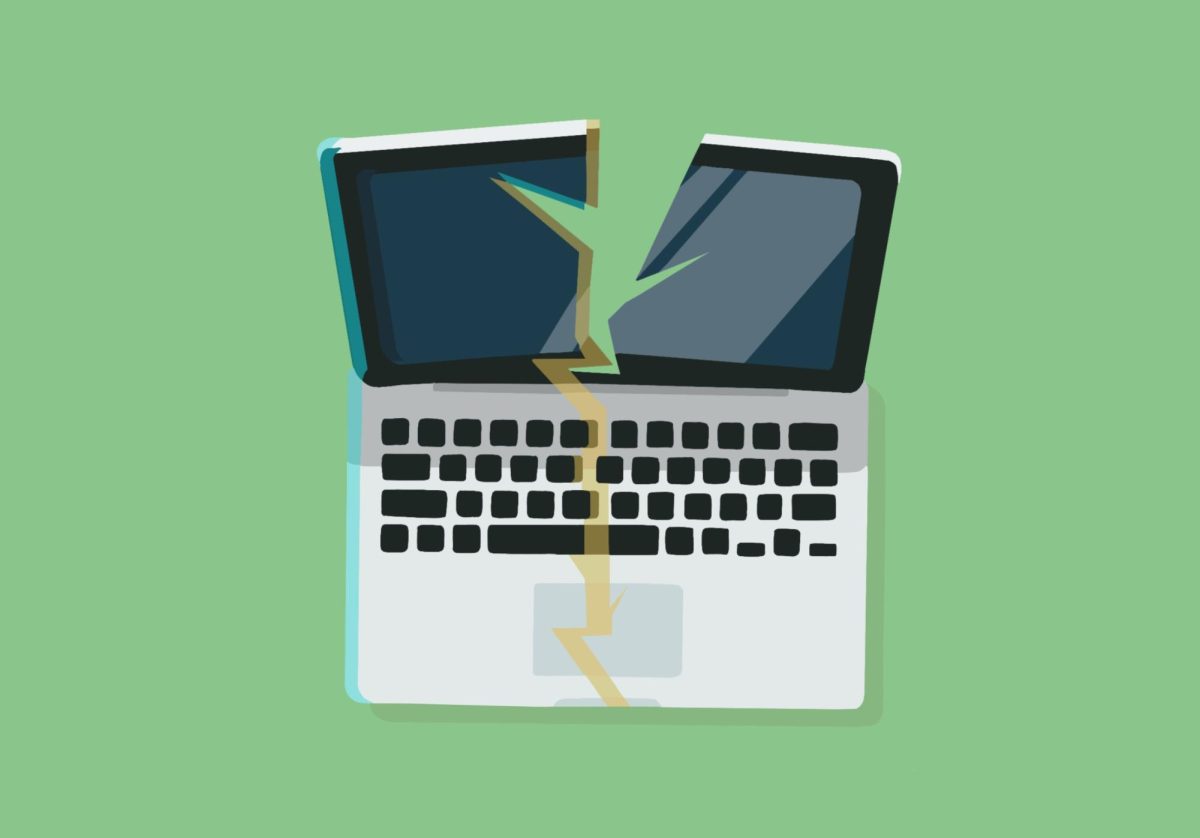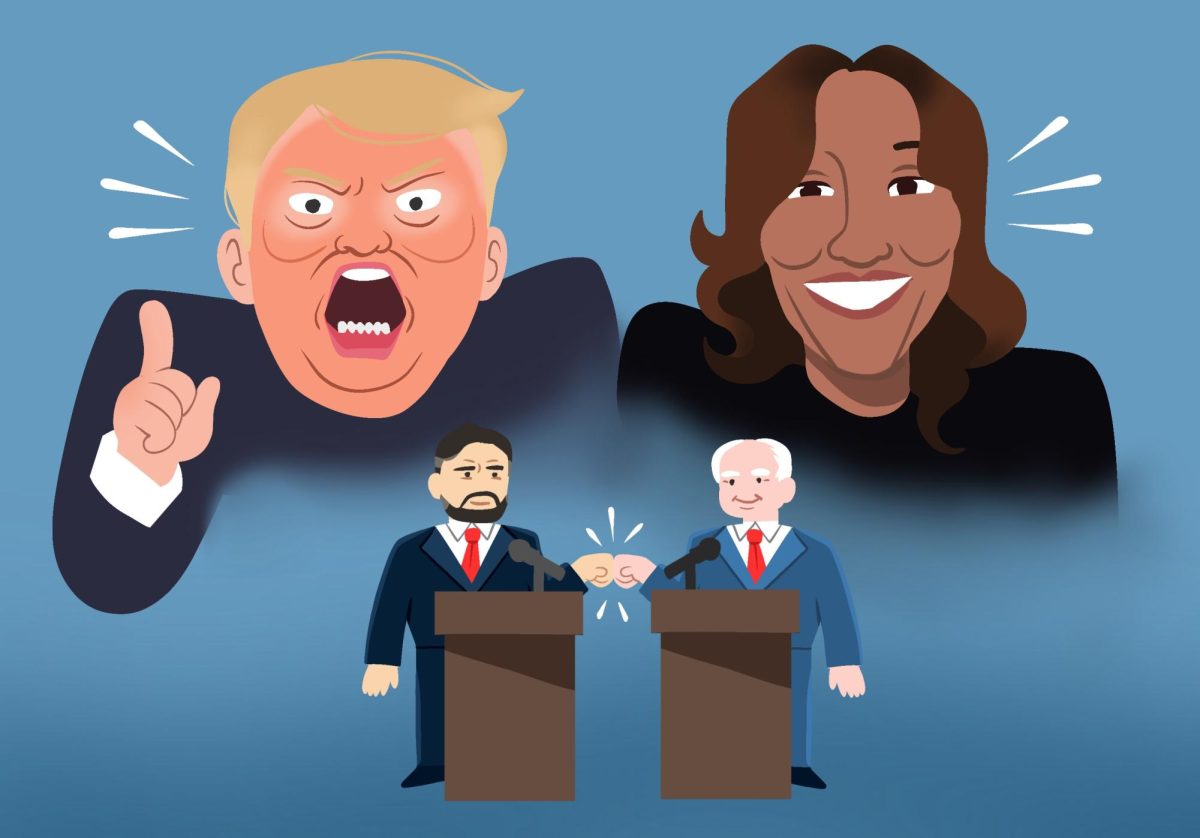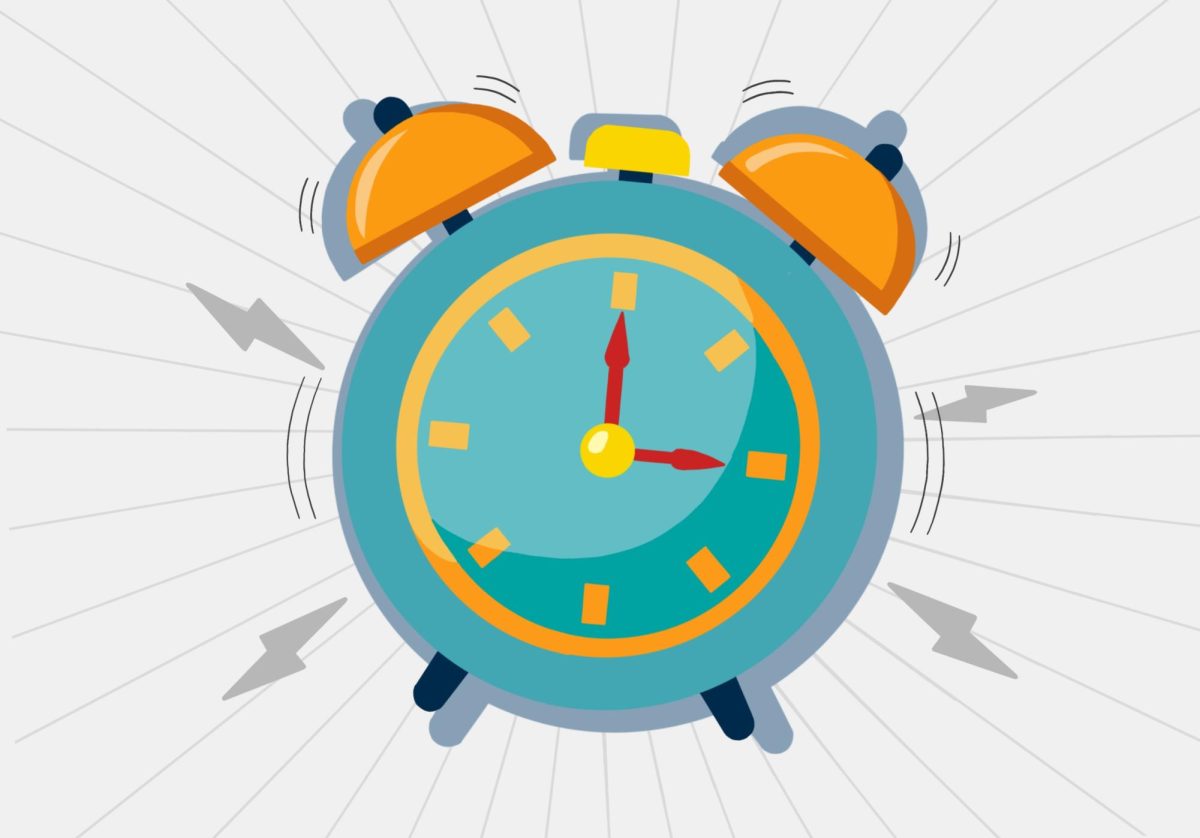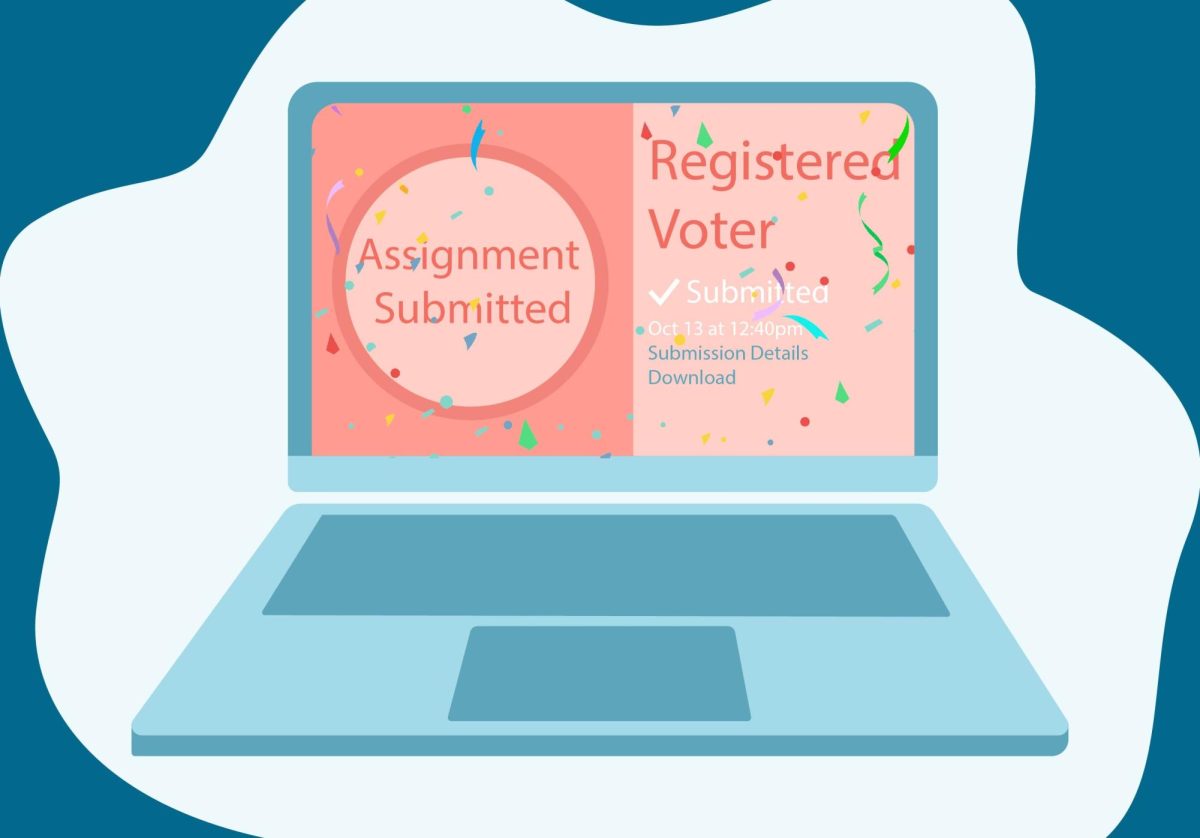When it comes to keeping Big Tech in line, the European Union is no slouch.
The EU will begin enacting its colossal new set of antitrust laws, the Digital Markets Act (DMA), by March of next year. This benign-sounding piece of legislation promises to rock the tech world in ways we have never seen, as well as gift the EU with unprecedented influence over the tumultuous world of Big Tech. If all goes right, Americans may have to thank the EU for more than just digital privacy.
So what exactly is the Digital Markets Act?
It’s a new law the EU is imposing on tech giants to make the “digital sector fairer and more contestable.” That’s a lofty goal, and to achieve such ambitions, they’ve had to develop a totally new concept: “gatekeepers.”
Companies that enjoy entrenched and durable footholds in the market, levy significant impacts on the industry and, most importantly, hold strong intermediation positions will be forced to register as gatekeepers under the DMA. Their positions under the status quo are too powerful and unique, argues the EU, and their influence across tech even more so.
Companies that fall under gatekeeper status will soon have to comply with a dizzying litany of new regulations and obligations. Some of the DMA’s flashier provisions entail even stricter restrictions on digital privacy, the option to uninstall preloaded software in favor of other options, and, most shockingly, the ability for users of messaging apps to be able to message one another, also known as interoperability. These laws would almost certainly affect U.S. users as well, given the exhausting difficulty of maneuvering around such regulations.
That means Android users may be able to message iMessage users without a hitch as soon as next March. No green messages, no “reacted with thumbs up,” no broken group chats — none of that. And it might not just be iMessage. WhatsApp, as well as any other messaging apps that meet the gatekeeper threshold, would be forced to be fully compatible with other apps.
Moreover, Windows users would theoretically be able to delete Cortana, the Windows store and whatever frustrating bloatware Microsoft heaps onto users in the next update. And since Apple would be forced to foster competition on their devices, Apple users could potentially install third-party apps onto their iPhones and Macs. Apple would no longer be able to control which apps users can or can’t install, which is an incredible development.
Indeed, as President of the University of Minnesota Association for Computing Machinery (ACM) Autumn Kenyon puts it, “the biggest actual consumer win here is that a company can no longer prevent users from uninstalling any pre-installed software.” Moreover, she predicts the “biggest effects are going to be allowing you to get a dump of the data a company has associated with you.”
That is if all goes well. Aside from the typical corporate outcries, many in the industry have expressed skepticism over the scope and feasibility of such ambitions. Even Kenyon has her doubts. “While this act isn’t really theoretically good,” she said, “the best benefits will probably end up being shirked by any big company.”
This sentiment is shared by many prominent skeptics. Bruegel, the Electronic Frontier Foundation and the Information Technology and Innovation Foundation all express skepticism and concern over the feasibility of implementing and enforcing such radical regulations.
How will tech firms juggle between complying with the EU’s regulations and member state regulations? How will messaging apps maintain security while being interoperable? With increasingly strict protections for digital privacy, how will some services remain free? Would the EU even be able to enforce any of this?
However, faith is to be had in the EU. In 2018, before the General Data Protection Regulation law was passed (the law responsible for “only necessary cookies?” pop-ups) experts were also incessantly fretting about extremely similar hypotheticals. These concerns are by no means new, and they are by no means trivial. Harvard Business Review even lamented the “end of customized recommendations” and the beginning of the demise of free content on the internet.
That was five years ago, and for the most part, the internet has not gone up in flames. I think it’s safe to say that the EU is more than competent enough to pull off such ambitious goals while keeping companies in line. With such a good track record, I think that there’s little to worry about.
The DMA is a revolutionary inflection point in the history of Big Tech. While the future will most certainly be wrought with corporate furor to maintain the exploitative status quo, consumers can look forward to the EU keeping Big Tech in line.












